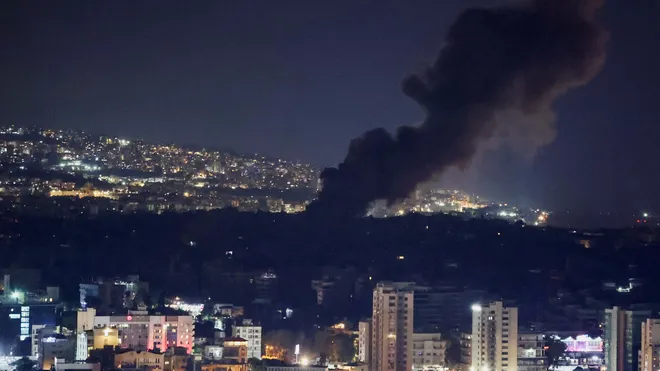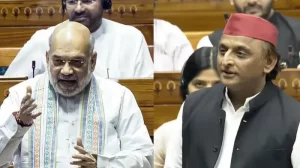
On Tuesday night, Iran launched over 180 ballistic missiles targeting various locations across Israel. Reports indicate that while there has been no significant damage, two civilians were injured in Tel Aviv during the 30-minute assault, during which citizens were advised to seek shelter.
Iran’s military claimed the attack was a response to the recent killing of Hezbollah leader Hassan Nasrallah, asserting that this was merely the beginning of their retaliation. The escalation followed an Israeli strike on September 27 that targeted Hezbollah’s headquarters in Beirut.
As explosions echoed throughout Jerusalem and air raid sirens blared, U.S. President Joe Biden expressed readiness to assist Israel in defending against Iranian aggression. The Iranian Revolutionary Guards stated that the missile strikes were in direct response to the deaths of their commander and other militant leaders.
Israeli army spokesperson Daniel Hagar warned that the repercussions of this attack would be significant. He said that Israel has a strategy in place to respond at a time and place of their choosing. Concurrently, Biden convened an emergency meeting with Vice President Kamala Harris and the National Security Team to discuss the situation and the safety of American citizens in Israel.
In a separate incident, Israeli police reported a suspected terrorist shooting in Jaffa, south of Tel Aviv, resulting in eight fatalities and several injuries. Two gunmen, who were reportedly neutralized, opened fire near a light rail train station, prompting a swift response from medical teams.
As sirens continued to sound across Israel, the situation remains tense, with Iran’s missile barrage marking a significant escalation in the ongoing conflict.







